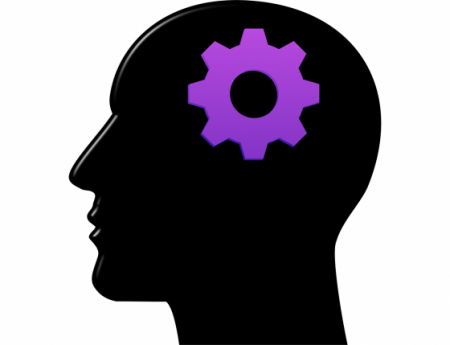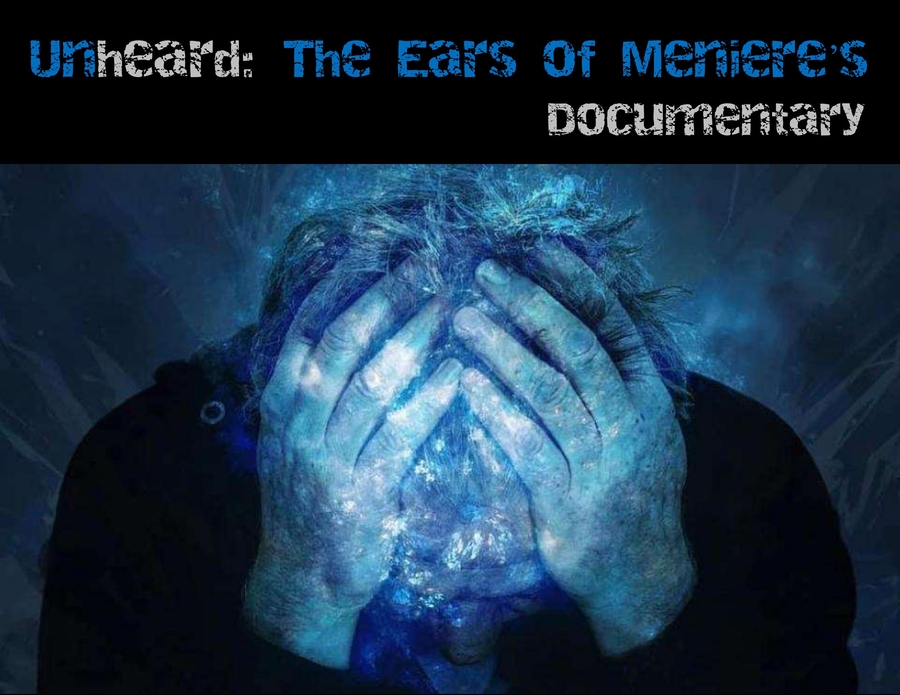Much of martial arts, especially the spectator-based and sensationalized mixed martial arts (MMA) is visually digested. Strikes, throws, submissions and even the grueling exercises involved in producing a high caliber fighter can be seen with the naked eye. However, there is one aspect, one discipline of martial arts that is invisible. It is just as important as a fighters cardio, a fighters ability to throw a punch or even to dodge one. It is the mental game and it is a battle that is fought in the deepest recesses of a fighters mind.
There may be those who will casually dismiss the importance of the mental game as something that is froo-froo, shi-shi or some other derogatory term. These people are simply, but heavily misinformed. Think of the mental game as strength and conditioning for a fighters emotions, mental state and ability to process information. Just like training a muscle group to perform under pressure, so should they also strive to train their minds to perform under duress as well.
An MMA fighter will work with various coaches to work in their various disciplines. Kru’s for their muay thai, black belts for their jiu jitsu and coaches for their strength and conditioning. Unbeknownst to many there also exists coaches for the mental aspect of the sport. Whether you want to call them mental coaches or sports psychologists is up to you, but their goal is to make sure that a fighter’s mind is ready for the psychological onslaught brought upon by stressful fight camps and, of course, the fight itself.
As a disclaimer, not every mental coach is cut from the same cloth. Like almost everything else in life, there are good coaches and there are bad coaches. A good coach will not just work to make a fighter feel good, they will work towards the fighter feeling whole and ready. A reputable coach will have demonstrated that they have the ability to mentally prepare an athlete and replicate that success with other athletes. The ideal mental coach, much like the ideal striking or wrestling coach, is not wholly concerned with their area of expertise, but take a holistic approach to everything that the fighter is currently experiencing. If a strength and conditioning coach tells the fighter to deadlift heavy, ignoring the fact that the fighter endured 2 hours of drilling his guard game in the morning, then lower back injury is sure to proceed. The same goes with mental coaches. If a mental coach tells a fighter to focus on winning the fight and walking around the ring holding the belt but neglecting the fact that the fighter had a really big argument with one of their coaches or spouse, then the outcome will be negative or gray at best.
The mental game is a discipline and an important one at that. It may be the most difficult to exercise or to master as it will require the fighter to dig deep within their psyche, to test their assumptions, to peel back layers and to be vulnerable. This is simply too much for a fighter to undergo, and that’s where a mental coach can prove invaluable.













